Hello everyone and welcome back to another Friday Product Post here at SparkFun Electronics! We have a couple of new and exciting products to show off today, starting with a new Qwiic OpenLog Kit. This kit is very similar to the OpenLog Artemis Kit, but this new kit has been more geared to fit our Qwiic Connect System using simple Arduino controls. Following that, we are going to take another quick look at SparkX's Qwiic Cellular Notecarrier that adds a fantastic and economical way to incorporate LTE and GNSS options into your next project. Finally, we are going to look at two new robotics STEM kits from Otto DIY. Let's jump in and take a closer look!
The SparkFun Qwiic OpenLog Kit includes everything you'll need to get up and running with the Qwiic OpenLog and the Qwiic Ecosystem. Inside the kit you will find a SparkFun RedBoard Qwiic, a Qwiic Mux, a reversible USB A to micro-B cable, a 32GB microSD card, and the necessary Qwiic cables to hook them all together.
The power of Qwiic just keeps expanding! Simply plug the Qwiic Cellular Notecarrier onto any enabled SparkFun Qwiic platforms (currently over 30) and you’ll be able to transmit data anywhere there is cell connectivity with a few lines of Python, Arduino, or JSON. The Blues documentation is superb. All API calls come with extensive C, Python, and JSON examples. While the Qwiic Cellular focuses on using the I2C bus for communication, USB and Serial can also be used to communicate with the Notecard.
Do you need to be able to sense CO2 concentrations of up to 100 percent? If so, this Qwiic CO2 Sensor from SparkX is the just for you! The Sensirion STC31 thermal conductivity sensor has two CO2 measurement ranges: 0 to 25 vol%; and 0 to 100 vol%. The measurement repeatability is 0.2 vol%, with a stability of 0.025 vol% / °C. The measurement accuracy depends on the measurement range: 0.5 vol% + 3% measured value; 1 vol% + 3% measured value.
The Otto DIY Builder and Maker Kits are perfect choices for both beginners and makers alike. Otto can walk, dance, make sounds gestures and avoid obstacles in this starter version but you can always upgrade, expand and customize with extra sensors and 3D printing. The Builder Kit is super easy to make, assemble and code and you have plenty software options from novice to advanced professional.
The main difference between these two kits is whether or not you want the plastic robotics parts to be included, or if you want to print them yourself. Make sure to check out both pages to learn more.
That's it for this week! As always, we can't wait to see what you make! Shoot us a tweet @sparkfun, or let us know on Instagram or Facebook. We’d love to see what projects you’ve made! Please be safe out there, be kind to one another, and we'll see you next week with even more new products!
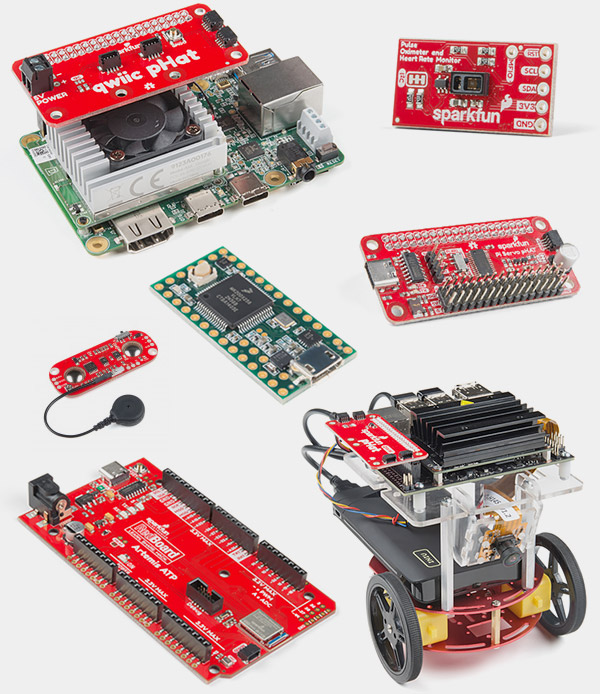
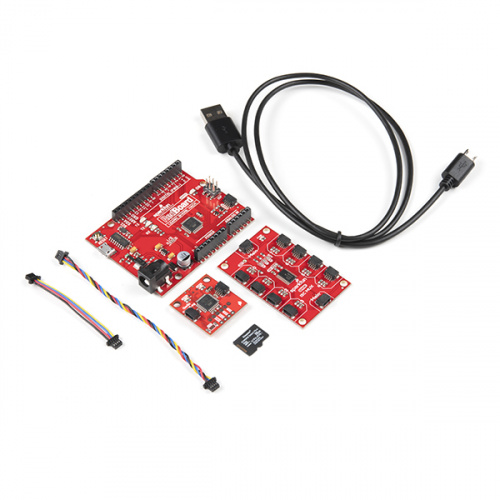
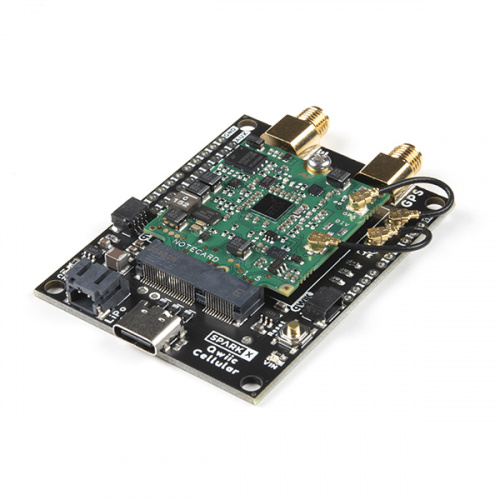
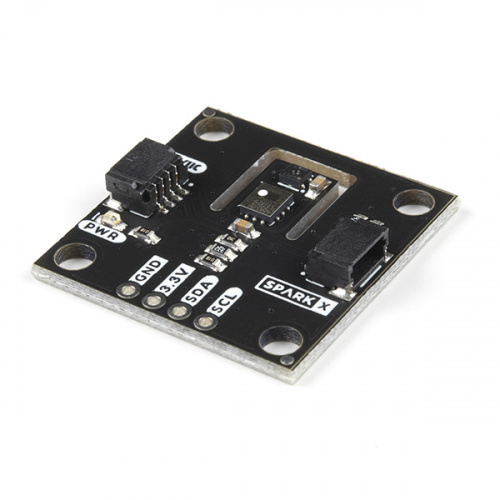
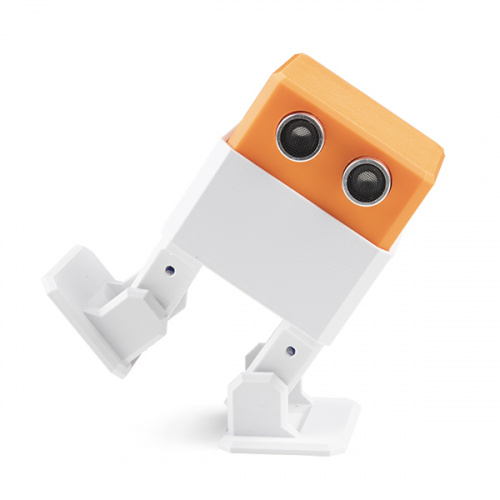
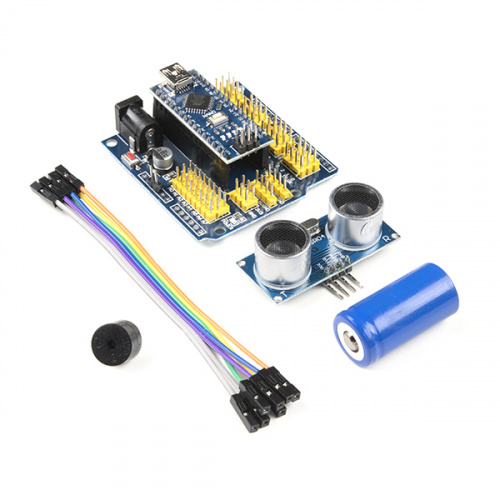
No comments:
Post a Comment